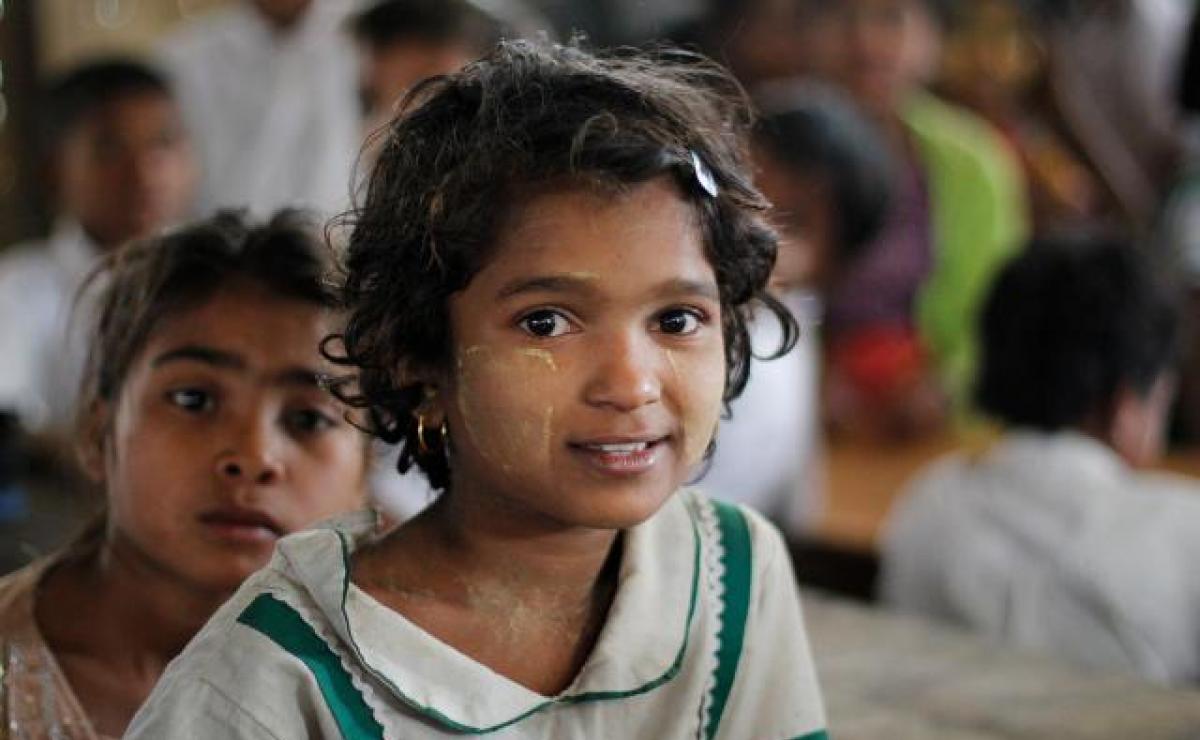Put age, gender, diversity at heart of IDP policies

LWF joins collective of NGOs calling on UN panel to ensure inclusivity in dealing with Internally Displaced People
(LWI) - The Lutheran World Federation (LWF) has joined a collective of Non-Governmental Organizations (NGOs) calling for a more inclusive approach by States and other authorities dealing with Internally Displaced People (IDPs).
A High-Level Panel on internal displacement (HLP), established by United Nations Secretary General António Guterres in 2019, held its first session in Geneva at the end of February. Guterres opened the session calling on the eight-member panel to devise bold and practical recommendations to resolve the global crisis of internal displacement.
In 2019, the UN said the number of people displaced by conflict reached a record high of over 41 million, while a further 17 million more were forced to leave their homes because of natural disasters or other climate related events.
In a submission to the panel on 11 May, the collective of NGOs called for a dialogue to ensure that age, gender and diversity, including disability, are at the heart of discussions and policies on the prevention and response to internal displacement. The submission notes that States and institutions have not taken sufficient measures to guarantee protection and assistance for specific groups of IDPs such as women, girls, youth and children. Where such policies or approaches do exist, they often lack adequate resources, it says.
Diverse threats and challenges
The collective calls for inclusive consultations with IDPs themselves, taking into account the safety, dignity, needs and capacities of people of different ages, genders and disabilities, as well as groups that have traditionally been marginalized from the decision-making process. Considerations such as language barriers, digital literacy, limited connectivity or access to smartphones must be taken into consideration, alongside the unforeseen consequences of the Coronavirus disease (COVID-19) pandemic.
"In LWF, we know first-hand that men, women, girls and boys and people living with disabilities often face different types of threats and challenges, whether they are at risk of displacement or already displaced,” says Caroline Tveoy, Gender Justice Focal Point for the LWF’s World Service Department. “As part of our overall commitment to gender justice, we therefore welcome inclusive policies and practices that help put age, gender and disability at the heart of interventions and of proposed solutions, making sure that no one is left behind, she adds"
Protecting and assisting IDPs is fundamentally about respecting and upholding human rights and ensuring non-discrimination, the submission insists. The response to any situation of internal displacement, due to conflicts, disasters, development or climate change, requires a rights-based approach that puts people first, the collective says.
Creative approaches required
Pre-existing discriminatory policies and practices can often result in further inequalities during displacement and can negatively impact the search for solutions, the statement notes. Displaced women and girls face particular risks of gender-based violence, while young men and women are at risk of violence and recruitment by armed groups. Other people that are likely to suffer from human rights violations include children, the elderly, the disabled, minorities, LGBTQI+ individuals and stateless persons.
More than half of all IDPs are women and girls who continue to face discrimination, violence and inequalities in accessing essential services such as education, health (including sexual and reproductive healthcare) and economic opportunities. IDP girls who are not in school and do not have access to health services are uniquely at risk of early and forced marriages. Creative approaches are required to reach these groups that are difficult to access because of discrimination, stigma and social exclusion.
The submission urges the panel to ensure that States and other authorities adopt a rights-based, inclusive approach that extends to host communities and returning refugees, as well as those who have been unable to flee and may be even more vulnerable than the IDPs. The report and recommendations of the High-Level Panel represent an important opportunity to ensure that age, gender and diversity are a pivotal part of all prevention, responses and solutions to internal displacement and to guarantee that no one falls through the net, the submission concludes.

